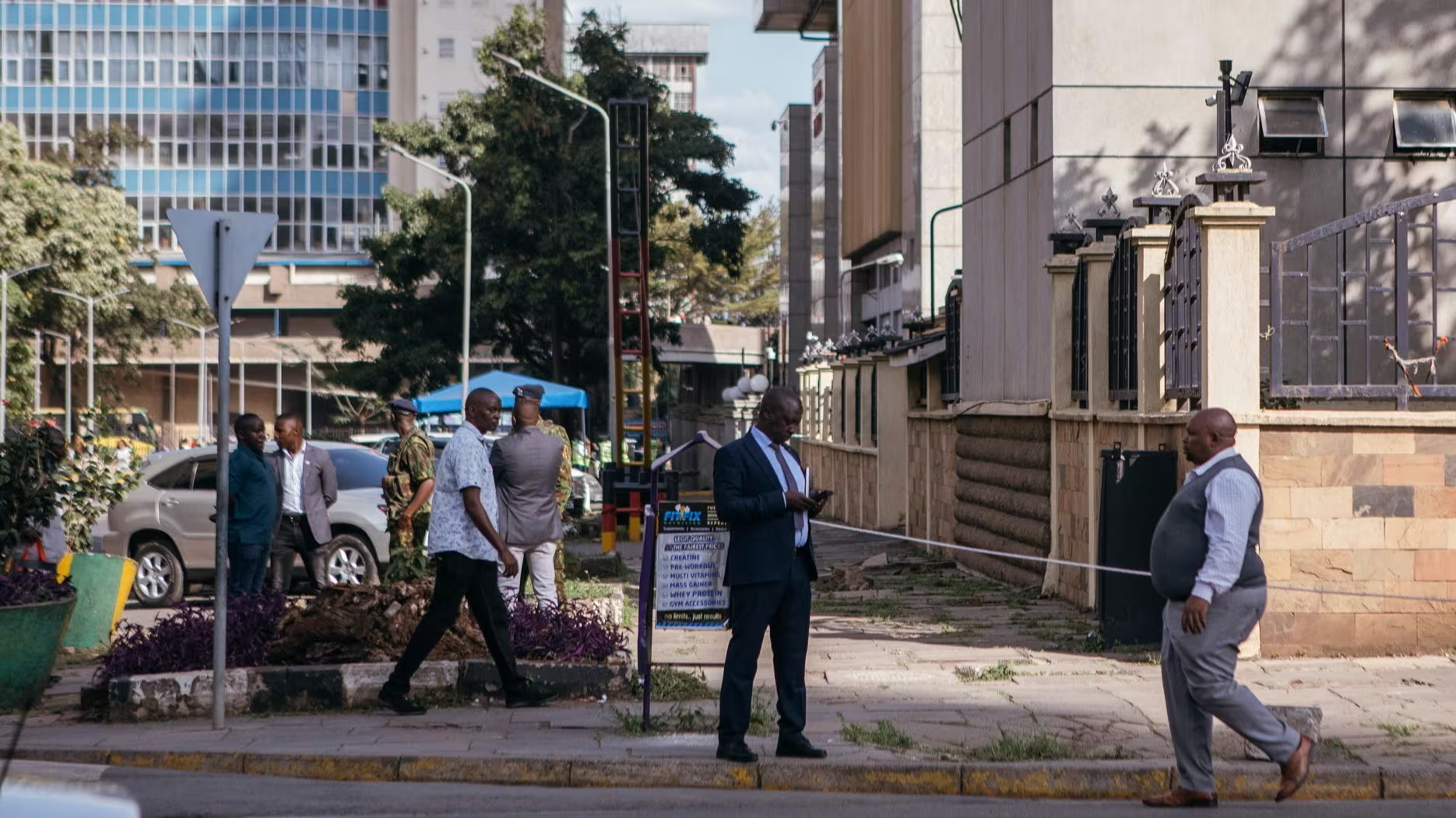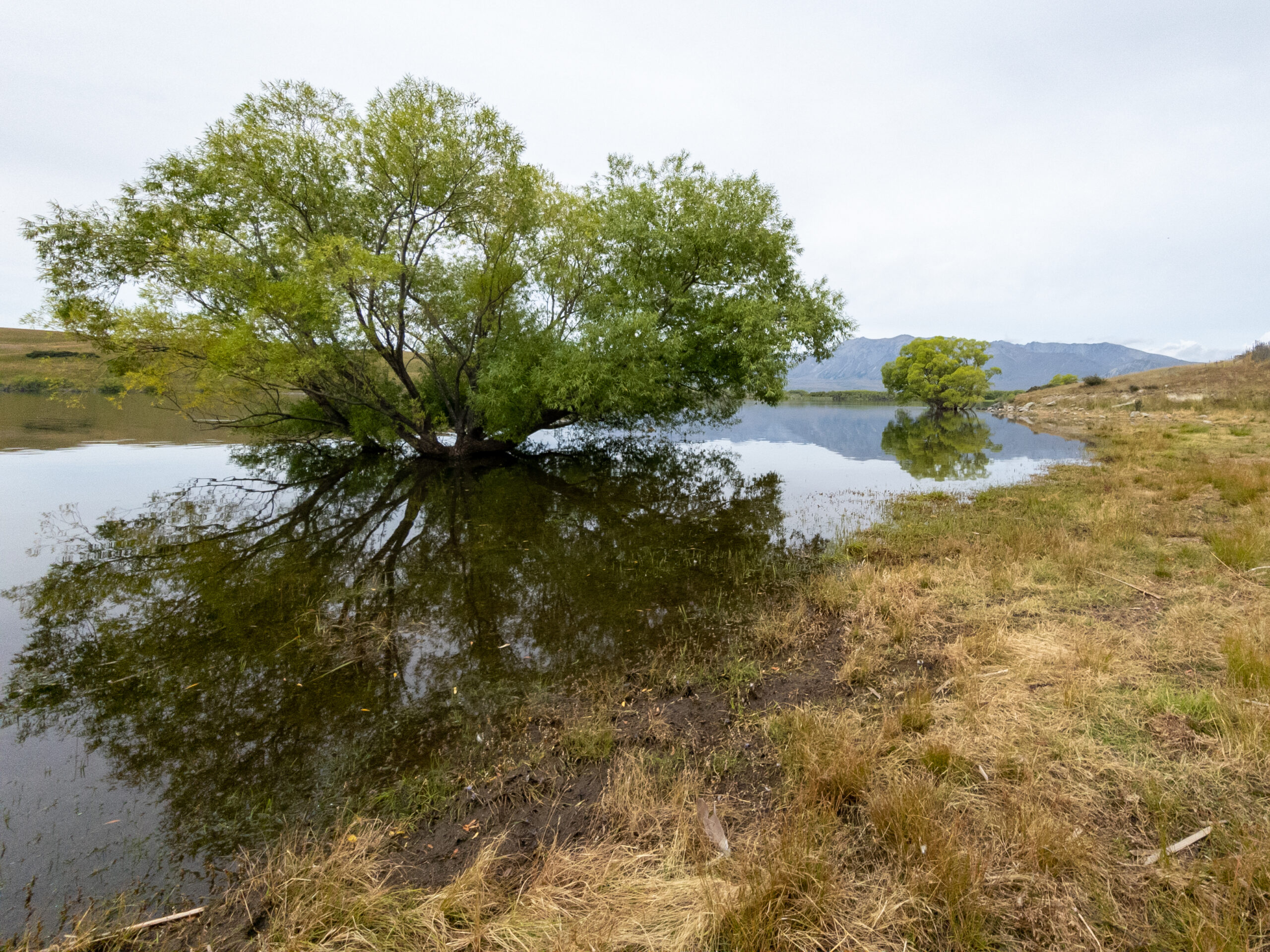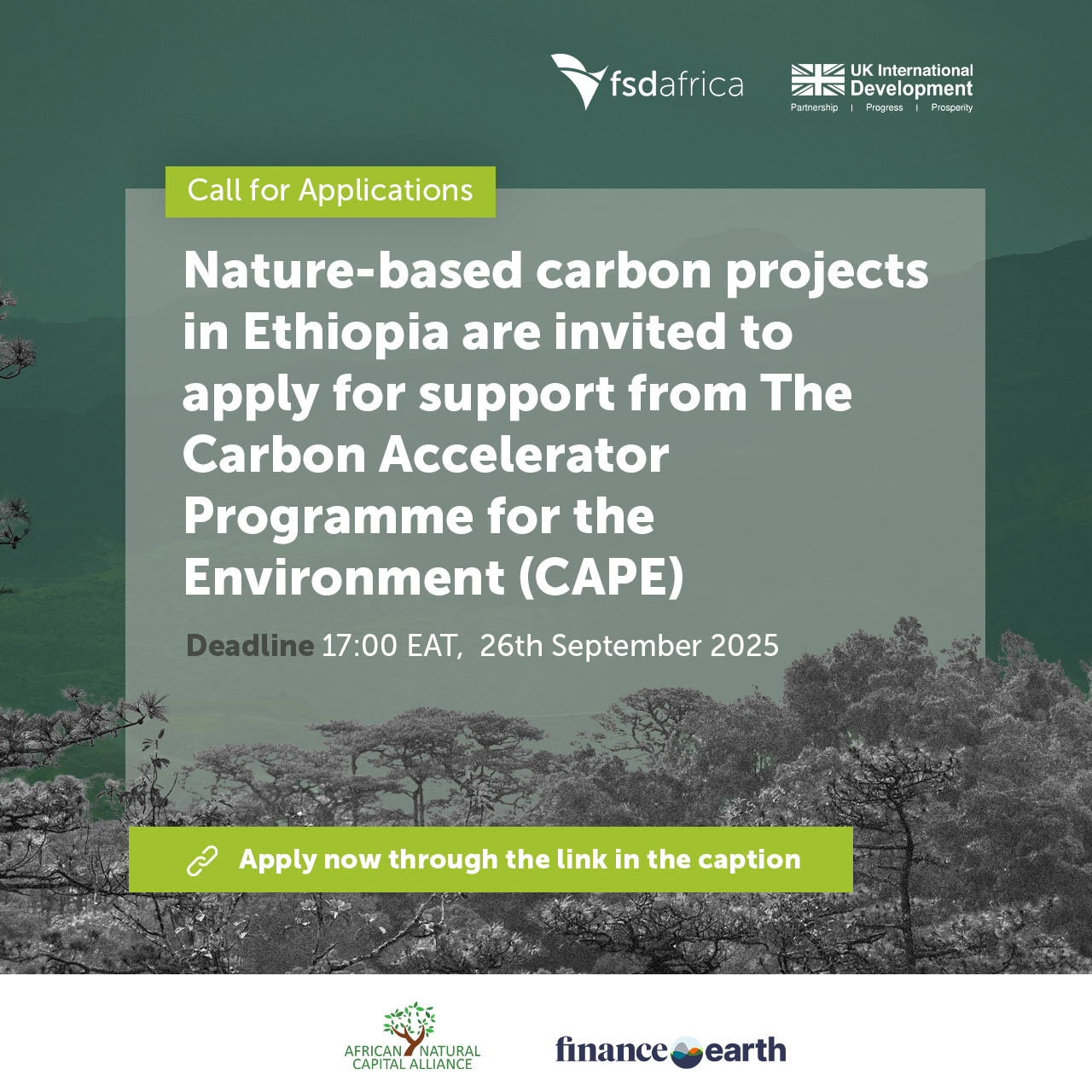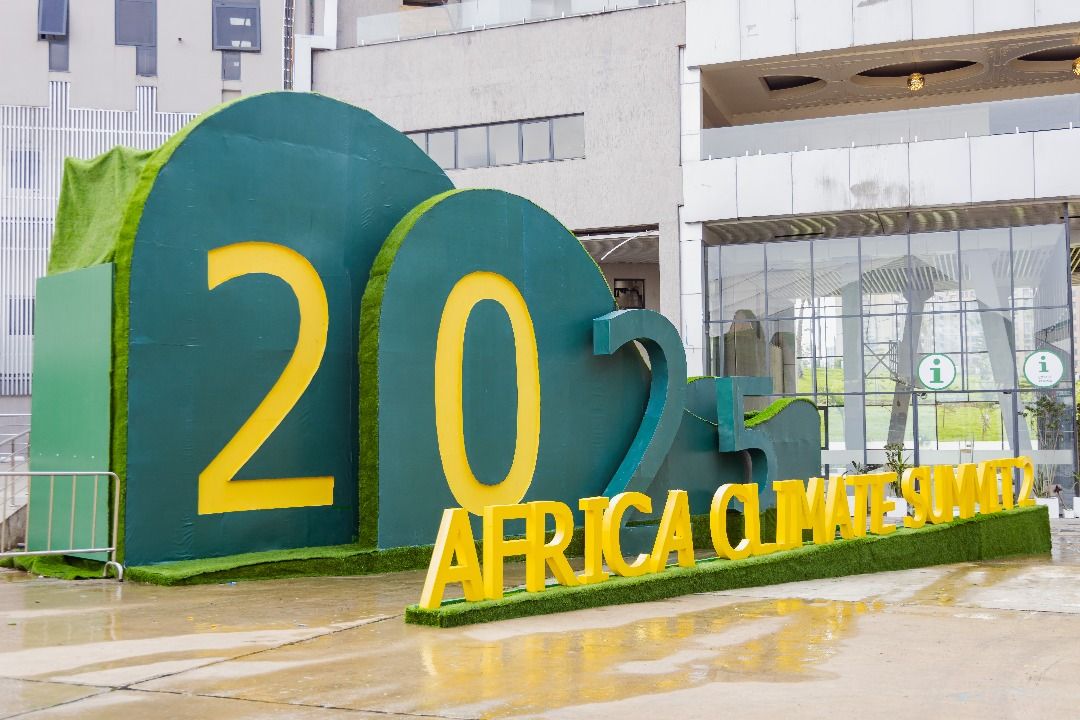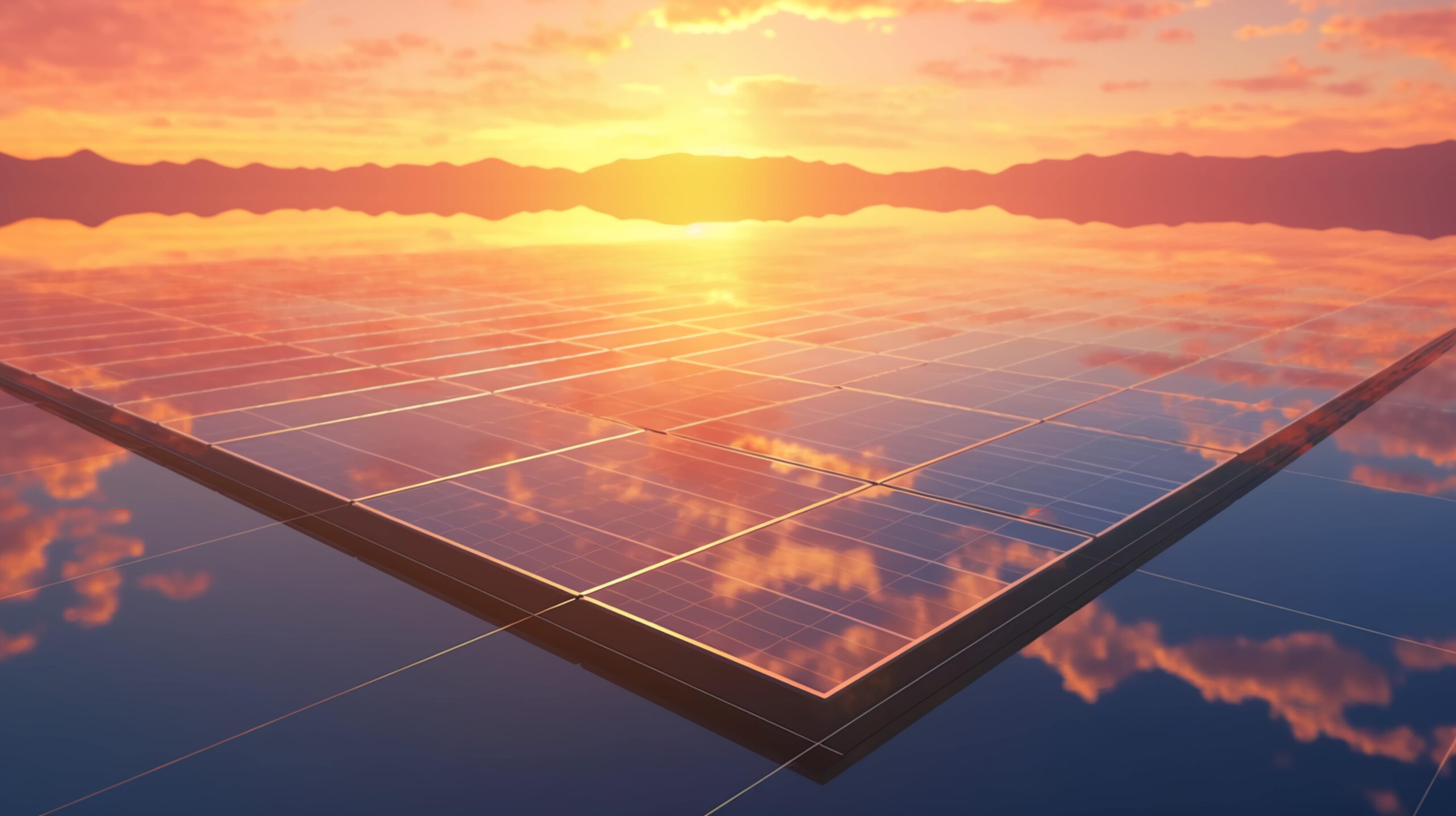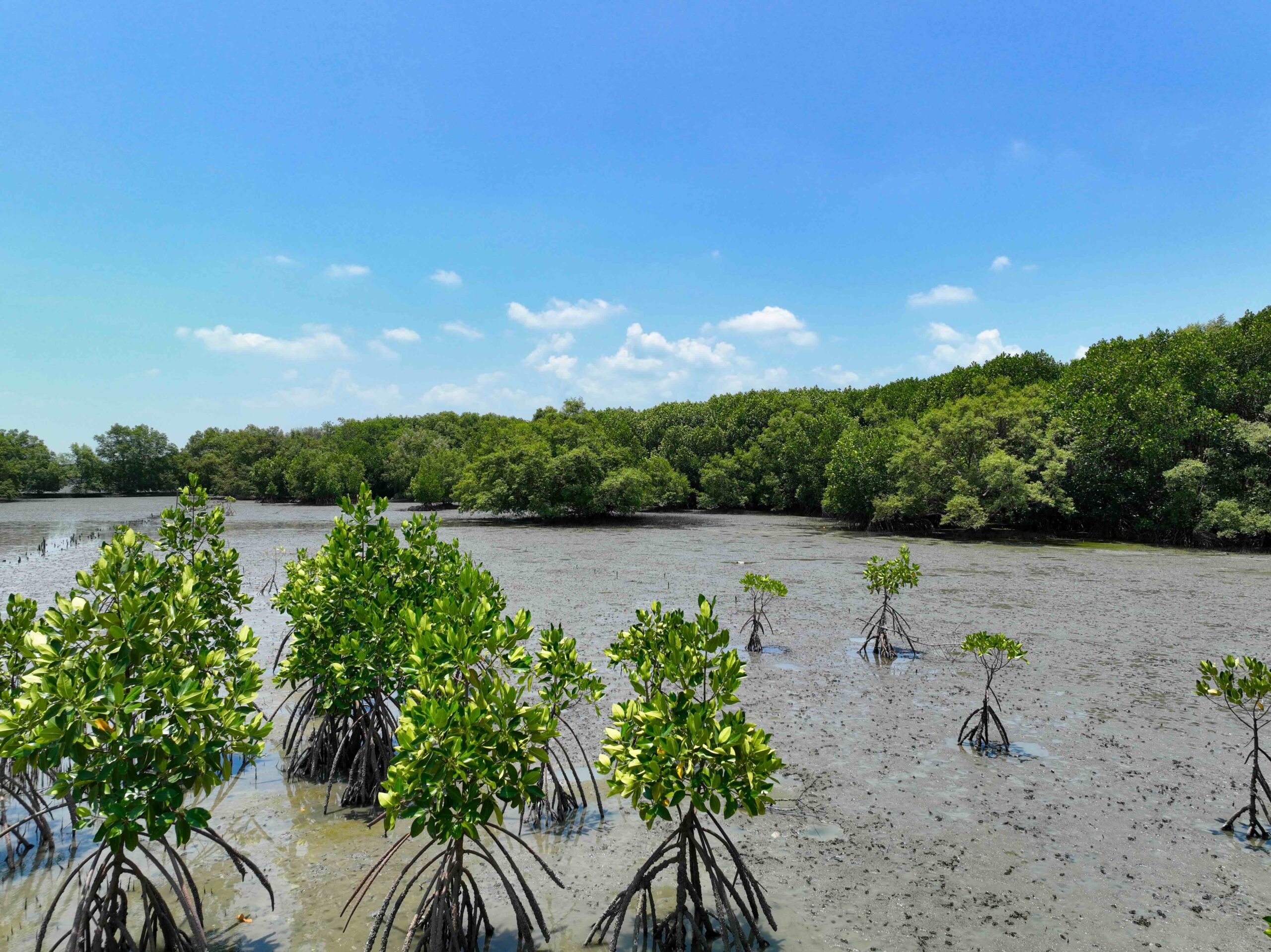The Insurance Regulatory Authority of Kenya, Ministry of Energy and Petroleum, State Department of Industrialisation and East African Insurance Sector (ICEA Lion, Kenya Re, Old Mutual, GA and Mayfair) have today announced a geothermal risk underwriting facility, the first of its kind in Africa.
The facility will underwrite up to US$ 2 million in early project development with amounts exceeding the amount being externalized i.e. covered by external re-insurance. The product is anticipated to accelerate and attract greater investments in green energy projects in Kenya and the region by mitigating the financial risk associated with geothermal projects. The development of the facility was supported by FSD Africa in collaboration with partners Parhelion Underwriting, and Kenbright.
Speaking regarding the announcement, IRA Commissioner of Insurance Godfrey Kiptum lauded the facility as one that will deepen Kenya’s green energy credentials by spurring investments in the geothermal subsector, a form of energy in which the region holds great potential. “The insurance sector plays a critical role in the social-economic development of any nation. I am proud that insurance sector has kept innovation alive with products such as the geothermal risk underwriting facility, that enable greater private sector investment in the geothermal energy. It is also gratifying to note that this product will enhance green energy and sustainability of our economy” said Kiptum.
On his part Principal Secretary, State Department of Energy Alex Wachira noted that insurance cover for the risky upstream geothermal exploration work is a great enabler for the country to exploit her vast geothermal potential estimated at 10,000MW “The huge potential of geothermal energy makes it not only an energy source but also a driver of economic growth and sustainable development. Our country is endowed with vast geothermal resources, and great progress has been made in tapping into this clean power. However, for us to fill the energy gaps, we need collaboration and investment between the public and private sectors” explained the PS.
The de-risking facility announced will cover early-stage development drilling risks for investors in geothermal projects. This facility represents a critical step in creating a more favourable investment environment by mitigating the financial risks associated with these high-potential but high-risk projects. FSD Africa Risk& Resilience Director Kelvin Massingham has hailed the insurance sector for innovation and leading the way in supporting green energy transition in Africa. “At FSD Africa we are committed to make finance work for Africa and have finance flow into green investments for a sustainable future. We are proud to have worked with the State Departments of Energy and Industrialization as well as the insurance regulator and the private sector in developing this facility that will de-risk upstream geotherm resource prospecting, enabling greater investments in green energy” noted Massignham.
This underwriting facility not only marks a significant milestone in Africa’s journey towards sustainable energy but also sets a precedent for future initiatives aimed at de-risking and supporting other high-impact sectors across the continent. The prospect for the continent to leapfrog the energy transition is possible especially with solid backing from key stakeholders and a clear path forward. The promise of a greener,more sustainable Africa is within reach.
To drill a geothermal well requires on average US$ 5 million, with significant risk of missing geothermal resource after drilling. Most commercial debt is shy to cover this phase, yet its critical and quite upfront in development of geothermal energy. Kenya is already a leader in geothermal electricity, with a total installed capacity of 988.7 MW contributing 47% of the power on the grid. This places the country at rank sixth globally and first in Africa in terms of geothermal power development. However, the country still holds massive geothermal potential, estimated at 10,000 MW.
FSD Africa’s support of the geothermal underwriting facility is part of a wider geothermal energy programme that includes, among other things, technical capacity development and facilitation, advocacy and technical assistance, fundraising, and inclusive economic growth.
